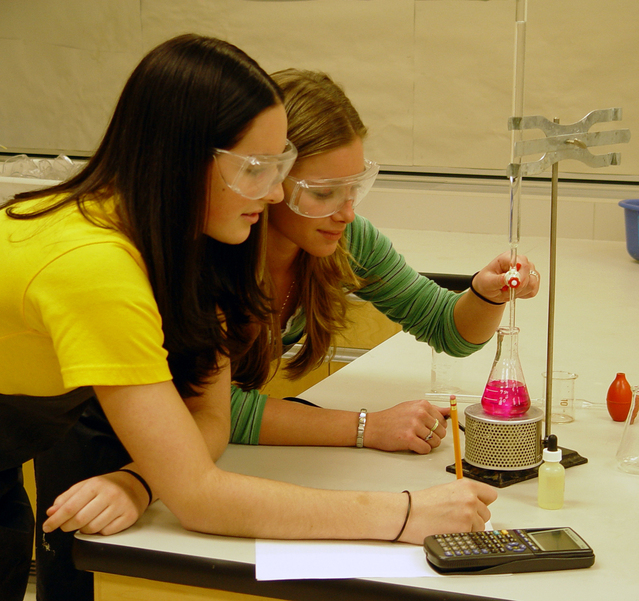
Ask a good question to build executive functions, critical thinking skills, and self-confidence.
Over 30 years ago, I read an article in the newspaper about the reasons a Nobel Laureate had become a scientist, rather than another career. American physicist Dr. Isidor Rabi’s response resonated with me and has guided my interactions with every mind (young or older) I have had the honor to influence. He talked about the interaction he’d have with his mother every day after school.
Instead of asking “how was school?” and “what did you learn today?” she asked, “did you ask a good question today?” .
Think about that. First of all, to ask a good question requires higher-order thinking skills – you have to understand the information, contemplate it, and crystallize it to ask a meaningful question.
I would add one follow-up question to Mrs. Rabi’s. I would ask: “What was your question?”
Rather than receiving a simple “yes/no” response, knowing what your child asked gives you insights into their thinking process and opens a line of communication during the transition from school to home life. It also helps you help your child shape even higher-level questions.
Encourage children to ask a good question
Consider this recent interaction I had with G.L., a 5-year-old budding scientist/intergalactic Wild Kratts enthusiast...
Mary - “Did you ask a good question today?”
G.L. - “Yes.”
Mary - “What was it?”
G.L. - “I asked why magnets don’t always stick to each other.”
Mary - “What did you learn about that? What was the answer?”
G.L. - “Did you know magnets have poles? I want to experiment with magnets!”
So, what if your child answers “no”?
Adult - “Did you ask a good question today?”
Child - “No.”
Adult - “Why not?"
Child - “I don’t know.”
Adult - “I’m wondering why magnets don’t always stick together. Can you ask your teacher (or whomever) about that tomorrow?”
Almost 100% of the time the child will ask the question, and a great follow-up question will occur the next day.
Asking good questions is a great way to build executive functions, critical thinking skills, and improve self-confidence that is rooted in competence. It’s also a great way to reinforce the idea that nobody knows everything, and it’s OK to ask questions to learn.
Be sure to model this behavior yourself, and you will be amazed at how the conversation about learning with flow.
Any questions?
Photo by Dan MacDonald from FreeImages The Brain Coach Blog is written by executive function coach Mary Turos. Based in Belair, MD, Mary is affectionately known as 'The Brain Coach" for her work helping people achieve harmony using strategies based in neuroscience.